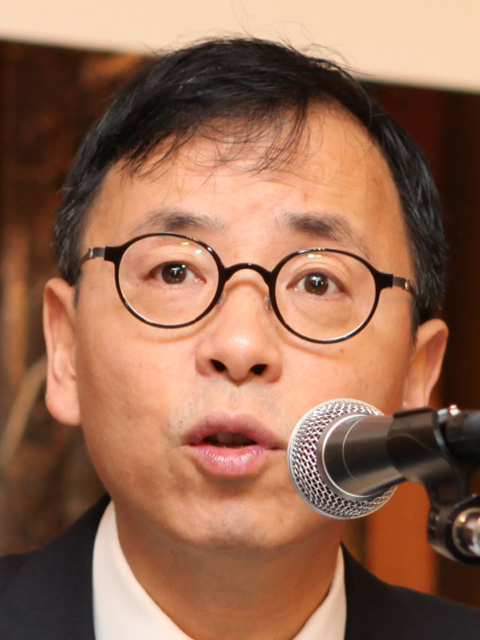CHINA CHANGING GEARS: NEW MODELS FOR GROWTH
China’s model of building global-scale SOEs to drive export-oriented growth has proven remarkably successful over the past two decades. But many would argue that if the country is to avoid a ‘middle income trap’, investment must shift to privately held – and often smaller – enterprises.Will China be successful in adjusting its growth model?What is the likely impact on regional and global growth?
Moderator:
Alexey Repik ,
President, Delovaya Rossiya (Business Russia)
Panellists
Pavel Grachev ,
Chief Executive Officer, Polyus
Andy Xie ,
Independent Economist
Lu Hao ,
Governor of Heilongjiang Province, People's Republic of China
Alexey Repik ,
President, Delovaya Rossiya (Business Russia)
Alexey Repik ,
President, Delovaya Rossiya (Business Russia)








